Students Against Racism
How Students can Fight Against Racism and Bias
Photo by Clay Banks on Unsplash
Racism is a serious issue in our society, and can have seething effects on the victim. Helping and speaking out against racism is what we, both as students and human beings, should do. Having that said, there are many ways for students to help fight racism in their environment.
November 26, 2020
Bias can have a deep impact on people. Bias is defined as a form of prejudice that favors one thing over the other, usually in an unfair manner. While it is a human quality to be biased towards certain things, there is a line to be aware of in terms of how influenced we are by them. In other words, bias becomes a problem when we act upon it.
Bias is often influenced by stereotypes, whether they be racial, gender-specific, age-specific, etc. Let us focus on racial stereotypes, and the racism that stems from these. Racism is becoming an increasingly serious issue, and can have seething effects on the victim.
As a person of color, I can say that I speak from experience. My first experience with racism was in eighth grade. I remember walking to my seventh period class that day, amidst a crowd of students. Suddenly, a student came running out of the building and called me the n-word. Five times to be exact. And then they ran away, just like that. The irony in the situation was that the student was also a person of color. I don’t really remember exactly how I felt about the situation at that moment, but I do remember the swarm of questions going through my mind. What purpose did the student have? Why would they take the situation so lightly? Most of all, why did they think their skin color justified their racist action?
I immediately ran over to my seventh period class and informed the teacher of the confrontation. A few days later, she told me that she informed the district about this situation.
Another incident was during my sophomore year. It was a cool and cloudy morning, and I just got to school, and I was walking across the courtyard to the library like I did every morning. I stopped to check a notification on my phone.
“Hey *****! Stop checking your phone!”
I turned around to see two students, hoods over their heads, walk past me and into the cafeteria. Remaining calm and composed, I walked over to the science building and into the nearest classroom. The teacher kindly walked me over to the assistant principal’s office, where I described the situation, as well as those students. However, those students were never found.
Do something. That is the biggest takeaway from these incidents. As students (and humans, for a fact), we shouldn’t have to deal with such uncomfortable situations, and remaining silent only adds to the internal turmoil. No matter how small your action, it’ll still have a big impact in your life, and it will take a big burden off your shoulders.
As a student and adolescent, the racial issues in society today are overwhelming and have a deep impact on the student body. Many students (including myself) have been actively condemning acts of racism in our school and community. However, what else can we do? According to Science News For Students, here are four things that students can do to condemn racism:
Being aware: This is perhaps one of the biggest things to do. Recognizing that racism is negatively affecting our community can set the basis of what actions to take, according to VeryWellMind. The site also states that, even though you may think the right steps are being taken, the prejudice faced by ethnic minorities are still very real and serious as studies have shown. Furthermore, a study conducted by the Brookings Institution shows that being aware of bias (including racism) actually reduces bias overall. It also adds that racial bias can be reduced by the efforts and awareness of third party observers rather than individual decision making.
Understanding perspective: Science News For Students talks about how students should think about why they hold certain views and be open to other views as well, especially regarding racism. According to CaringAcross, when engaging in a conversation involving racism (or any other biased issue), remaining open and curious about opposing comments is important for a successful conversation. Acknowledging experiences involving racial prejudice is also necessary, as many viewpoints are shaped by experiences. In addition to listening and understanding different perspectives, according to the McArthur Foundation (an organization that works towards social reform), educating yourself regarding racial inequality is as important as sharing stories, and using that knowledge can lay the groundwork for what you need to do.
Take it seriously: Recognize the severity of racist situations, no matter what the intentions are. According to TED, casual racist remarks or actions can only add to or increase racist tendencies. And oftentimes, racism is easier to call out when it is large scale or an obvious act, however, small acts can also have the same effects that big actions have. Perhaps the best example of casual racism would be slurs, as mentioned above. As defined by ADL, a slur is an “insulting, offensive or degrading remark, often based on an identity group such as race, ethnicity, religion, ethnic, gender/gender identity or sexual orientation”. Furthermore, according to the site, when racial slurs are used, and there is no opposition, then that escalates the amount of racism and hate in society. Slurs also cause a sense of fear or inferiority among the people subjected to them.
Of course, the possibilities are endless, and there are so many other ways to speak out too. For example, volunteering and getting involved with movements is encouraged.
According to the Racial Equity Resource Guide, some organizations that fight for racial equality and against injustice are:
Another way to take action is to sign petitions. There are a lot of petitions going around, and I feel those are one of the best ways to get your voice out there, especially in these times. Change.org is a specific petition website that offers a range of petitions to sign, from racial equality to social justice. A benefit of petitions is that you have the option to remain anonymous. Another benefit of signing petitions is that they can generate a lot of support for a specific movement. And they are also a good way to get started.
In this time and age, many social issues are coming to light. Many people are fighting and will continue to fight in order to condemn these and make society more open and accepting of others. Learning how to fight racism is crucial for improving ourselves and our environment. Students have a bigger voice and impact on society. Whatever we can say and do is taken into consideration, so by all means, do not be afraid to use this power. The more we fight, the better we can make the world for both ourselves and others.



![Jumping off the ground, senior linebacker Bennett Patton snatches the ball out of the air for an interception at Thursday’s game against Chaparral. Patton had two interceptions in the 56-14 victory, tying the school record for interceptions in a game. “I was just playing the game,” Patton said. “[I’m] going to go into next week, forget about it and stay humble.” Photo by Harper Chapman](https://cphswolfpack.com/wp-content/uploads/2025/09/bennett-interception.jpg)
![The fire department came to the school after students were evacuated when smoke started coming from the ceiling of a classroom. All students and staff are safe. “All of my friends left their stuff too, so we couldn’t contact our parents, and it was stressful,” senior Brynn Fowler said. “It was scary because I didn’t know [what was going on], and I couldn’t find anyone because it was a big crowd.” Photo by Anthony Garcia](https://cphswolfpack.com/wp-content/uploads/2025/09/firetruck.jpg)


![Sitting with her friend senior Sohpia Struve at last year’s Austin City Limits Festival, senior Ava Zuniga poses for a picture under a pavilion. They are frequent attendees at ACL, an annual music festival at Zilker Park. “I would recommend seeing a bunch of people,” Zuniga said. “This past year, we camped out for Chappell [Roan] for a really long time. I think the whole point of ACL, [which] is a lot of fun, is that you can go see so many different people, even if you don’t know them. So by camping by one person, it really limits yourself from being able to go see a bunch of people.” Photo courtesy of Ava Zuniga](https://cphswolfpack.com/wp-content/uploads/2025/10/EE9E9484-FE6F-4AA0-B5F5-0C177AB32841-1200x857.jpeg)
![Broadcast, yearbook and newspaper combined for 66 Interscholastic League Press Conference awards this year. Yearbook won 43, newspaper won 14 and broadcast took home nine. “I think [the ILPC awards] are a great way to give the kids some acknowledgement for all of their hard work,” newspaper and yearbook adviser Paige Hert said. “They typically spend the year covering everyone else’s big moments, so it’s really cool for them to be celebrated so many times and in so many different ways.”](https://cphswolfpack.com/wp-content/uploads/2025/05/edited-ILPC.jpg)




![Looking down at his racket, junior Hasun Nguyen hits the green tennis ball. Hasun has played tennis since he was 9 years old, and he is on the varsity team. "I feel like it’s not really appreciated in America as much, but [tennis] is a really competitive and mentally challenging sport,” Nguyen said. “I’m really level-headed and can keep my cool during a match, and that helps me play a bit better under pressure.” Photo by Kyra Cox](https://cphswolfpack.com/wp-content/uploads/2025/09/hasun.jpg)


![Bringing her arm over her head and taking a quick breath, junior Lauren Lucas swims the final laps of the 500 freestyle at the regionals swimming competition on date. Lucas broke the school’s 18-year-old record for the 500 freestyle at regionals and again at state with a time of 4:58.63. “I’d had my eye on that 500 record since my freshman year, so I was really excited to see if I could get it at regionals or districts,” Lucas said. “ State is always a really fun experience and medaling for the first time was really great. It was a very very tight race, [so] I was a bit surprised [that I medaled]. [There were] a lot of fast girls at the meet in general, [and] it was like a dogfight back and forth, back and forth.” Photo by Kaydence Wilkinson](https://cphswolfpack.com/wp-content/uploads/2025/03/Kaydence-2.7-23-edit-2.jpg)
![As the support team sits and poses for a photo in the cafeteria with the counseling team they eagerly wait to start their day. "We [all] seem to be a team, I get up every day and there's days where I don't want to go to work today, but I'm thankful that I have a job and I'm blessed to have what I have," Christopherson said. Photo Courtesy of Julie Weltens.](https://cphswolfpack.com/wp-content/uploads/2025/01/AF9E8470-10D7-4C91-BF28-EC8F86BAB66C-1200x852.jpeg)
![Officer Stephanie Cash is in her second year as an SRO at CPHS. “Seeing [students] grow over the years has been kind of cool,” Officer Cash said. “Freshmen that [are] all over the place and then in the next couple of years get a little more squared away and go to class and do work and start thinking about the future. Being a part of a student's growth is the best way to measure my success as an SRO.” Photo Courtesy of Cedar Park Police Department's PIO, Alicia Gallagher.](https://cphswolfpack.com/wp-content/uploads/2024/12/CPHS-SRO-900x1200.jpg)
![As he sprints with the ball, senior running back Trae Hill breaks a tackle during Friday’s 35-14 loss against the Vandegrift Vipers. Hill ran for 135 yards and two touchdowns during the game. “[Scoring] was electric,” Hill said. “It always feels good to score, but the O-line did everything.”](https://cphswolfpack.com/wp-content/uploads/2025/09/IMG_0795allie.varfb_-1200x799.jpg)














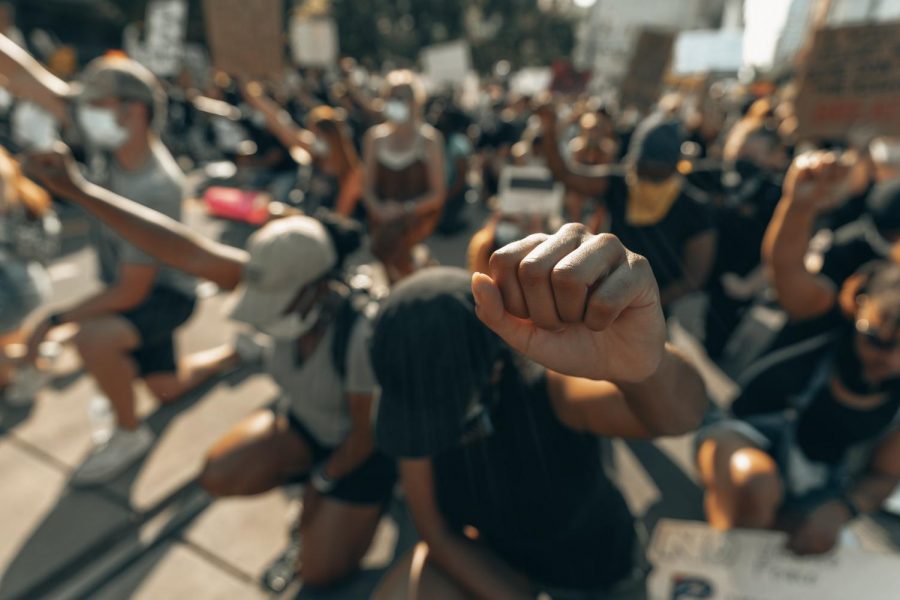
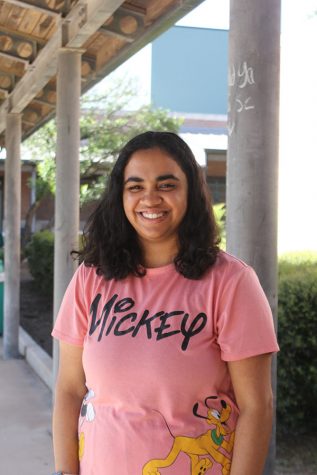

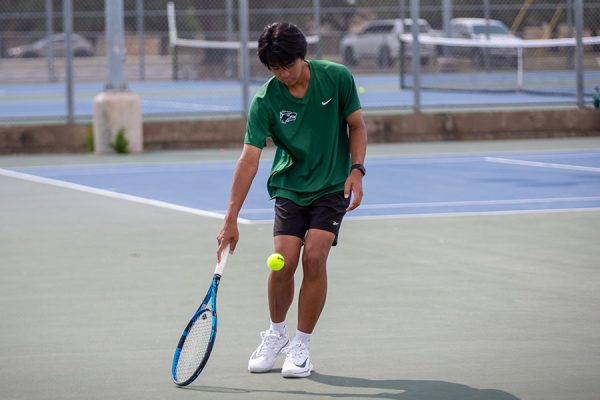
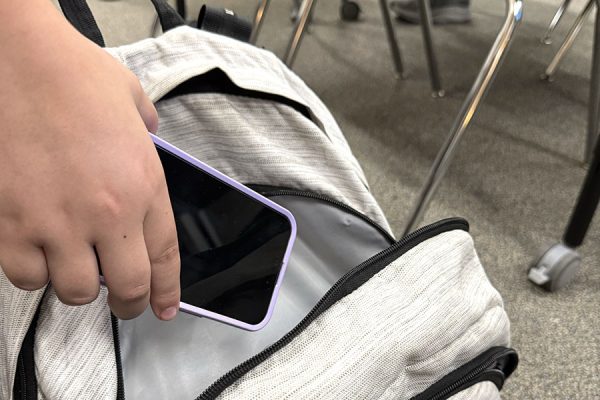
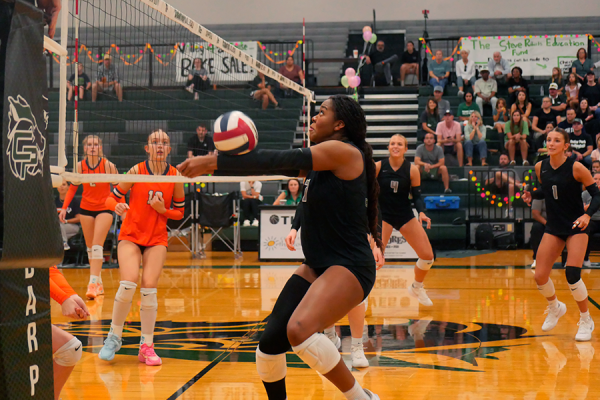
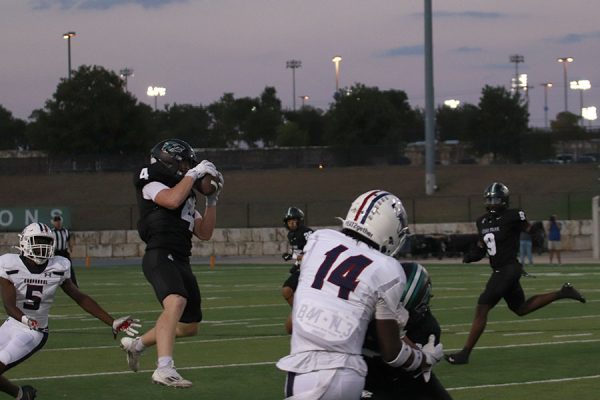

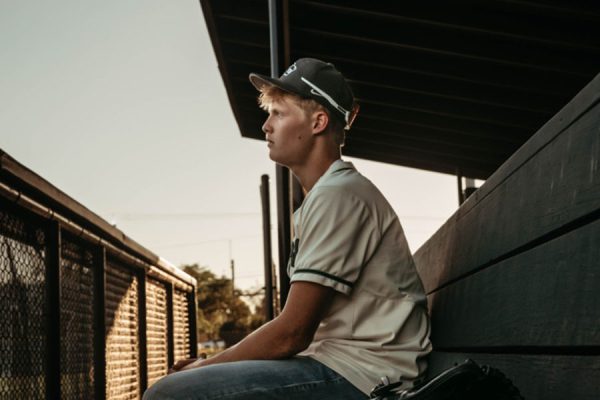

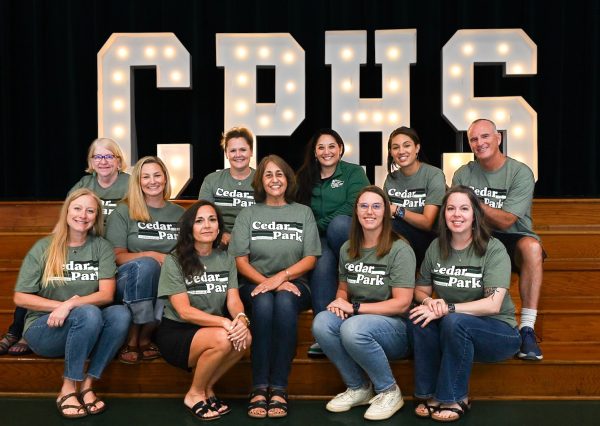
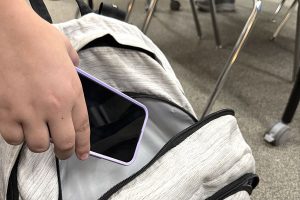
![The fire department came to the school after students were evacuated when smoke started coming from the ceiling of a classroom. All students and staff are safe. “All of my friends left their stuff too, so we couldn’t contact our parents, and it was stressful,” senior Brynn Fowler said. “It was scary because I didn’t know [what was going on], and I couldn’t find anyone because it was a big crowd.” Photo by Anthony Garcia](https://cphswolfpack.com/wp-content/uploads/2025/09/firetruck-300x200.jpg)

![Finishing her night out after attending a local concert, senior Grace Sauers smiles at the camera. She recently started a business, PrettySick, that takes photos as well as sells merch at local concert venues. Next year, she will attend Columbia Chicago College majoring in Graphic Design. “There's such a good communal scene because there [are] great venues in Austin,” Sauers said. “I'm gonna miss it in Austin, but I do know Chicago is good, it's not like I'm going to the middle of nowhere. I just have to find my footing again.” Photo Courtesy of Grace Sauers.](https://cphswolfpack.com/wp-content/uploads/2025/04/Grace-300x225.png)


